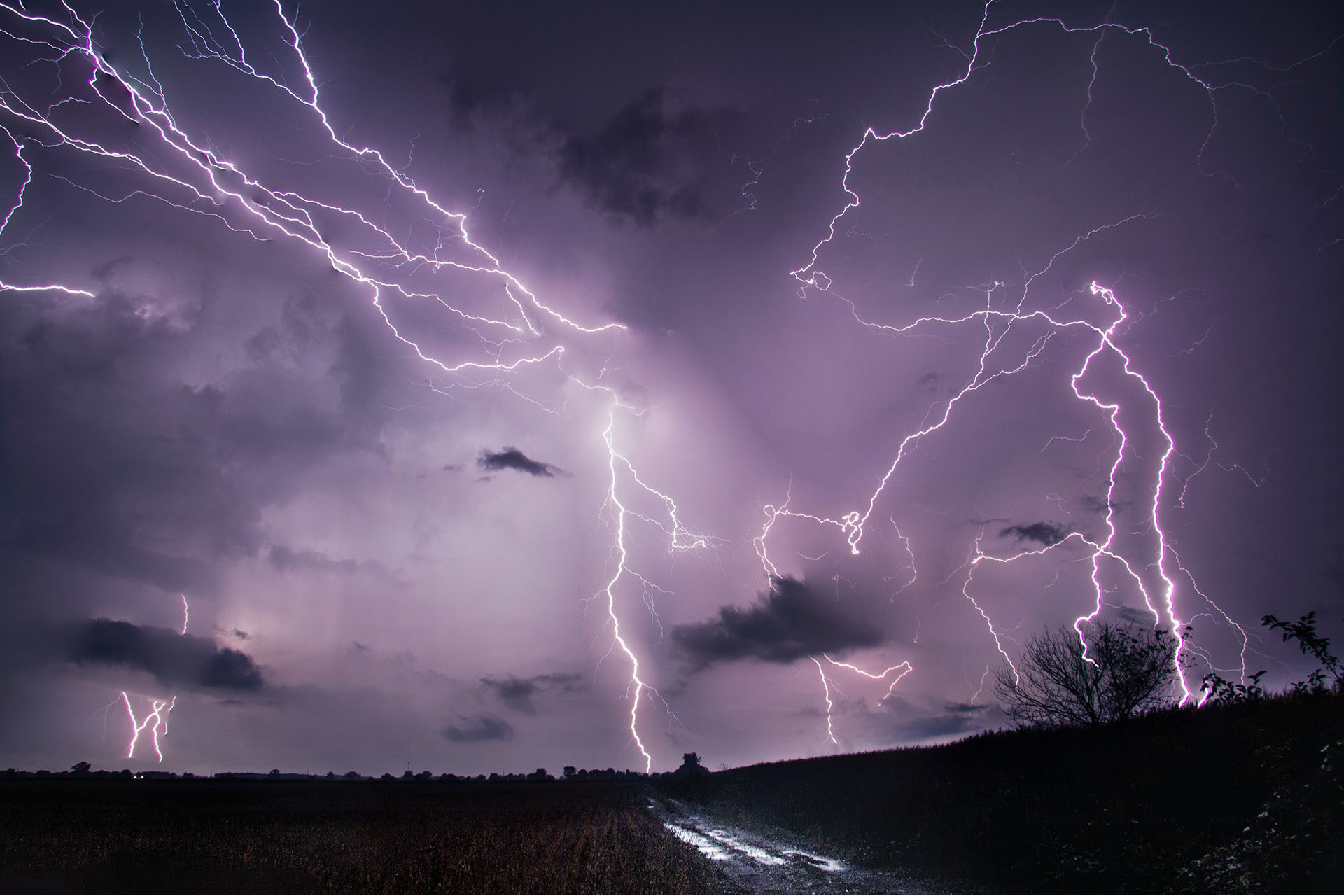How to Prepare Your HVAC System for Severe Weather
No matter the season, the possibility exists for severe weather in New England. Whether the forecast is calling for a frigid, icy nor’easter in the winter or an intense hurricane in the late summer months, you should always know exactly how to protect your house from the elements. This includes taking steps to protect your heating, ventilation and air conditioning (HVAC) system, as bad weather can easily cause damage to it. Here’s how to prepare your HVAC system before severe weather strikes your home.
Cover It Up
High winds can cause debris such as branches to soar through the air at fast speeds, which can easily cause damage to any HVAC equipment positioned outside. Covering your HVAC system with a tarp or a sturdy material can help protect it from being damaged by airborne tree limbs, rocks or other flying debris. This can also protect the HVAC system from snow or from getting anything inside of it that could damage its inner workings, such as the coils or motors.
Use a Surge Protector
A power surge during a weather event can wreak havoc on electronics, including your HVAC system. Not every power surge will immediately destroy the inner electronics of an HVAC system, but it could cause deterioration over time if the proper precautions aren’t taken. Surge protectors help shield against the damage that such sudden power surges can bring by rerouting extra voltage away from whatever is connected to it.
Turn it Off
If you’re certain that severe weather is coming your way, and you don’t necessarily need your HVAC system to be running for the entire duration of the storm, then it could be a good idea to turn it off for the time being. This would protect your HVAC system against the damage power surges can bring, as it would not even be operating during the weather event.
Clear the Surrounding Area
In order to minimize the possibility of debris flying into your HVAC system during a severe weather event, it’s a good idea to make sure that the outside area around your unit is clear. That means getting rid of any tools, outdoor furniture, children’s toys or other debris surrounding your HVAC system that could cause damage after being picked up by the wind.
Regularly Inspect Your System
Regardless of whether you are anticipating severe weather or not, it’s important to have a professional regularly inspect your HVAC system to keep it in working order. Making sure to keep a constant eye on the health of your system throughout the year will increase its longevity.
Upgrade with Girard
We hope that these tips will help you protect your HVAC system from the damage severe weather can cause. If you are interested in upgrading to a more reliable heating and cooling system, consider switching to Mitsubishi Electric ductless technology. Reach out to us today to learn how we can help you achieve home-wide comfort without any of the bulky ductwork.

